NASA Mars Mission Hit With Last-Minute Delay
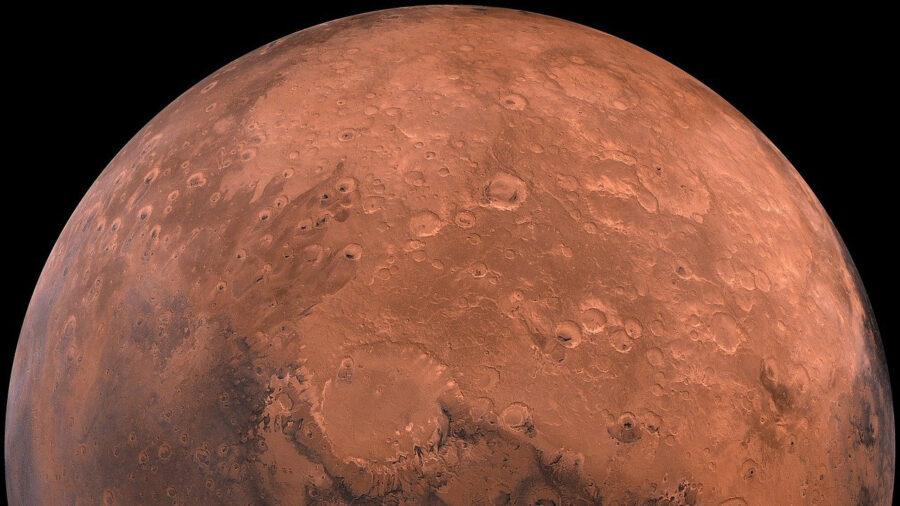
The highly anticipated launch of the Mars-bound ESCAPADE has been delayed from its October 2024 lift-off date. The collaborative effort between United States space agency NASA and private aerospace manufacturer Blue Origin have bumped up against some cost concerns associated with the New Glenn rocket being potentially grounded during its eight-day launch window. Revealing that a delay from weather or safety-related circumstances is possible that time of year, the decision was made to reschedule the launch to Mars until the spring of next year.
A Cost-Reduction Decision
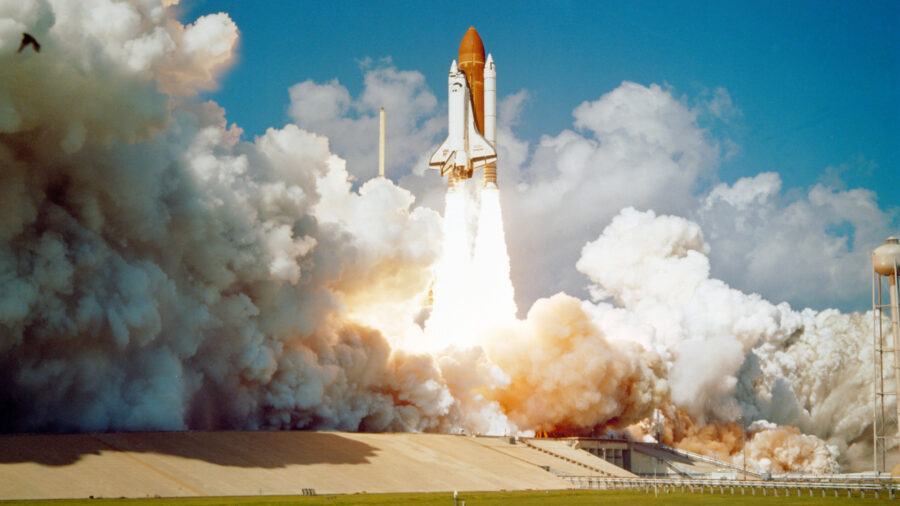
NASA and Blue Origin calculated the cost of removing fuel from the spacecraft into the equation and concluded that should the mission to Mars be delayed for any reason, this considerable extra expense would be cost-prohibitive. A second rocket mission from Blue Origin was originally scheduled for December but will now be bumped up to launch a month earlier. While this mission won’t be one that is Mars-bound, it will mean that the manufacturer will be able to show off the New Glenn rocket as it carries a NASA payload into space.
Limited Opportunities To Launch
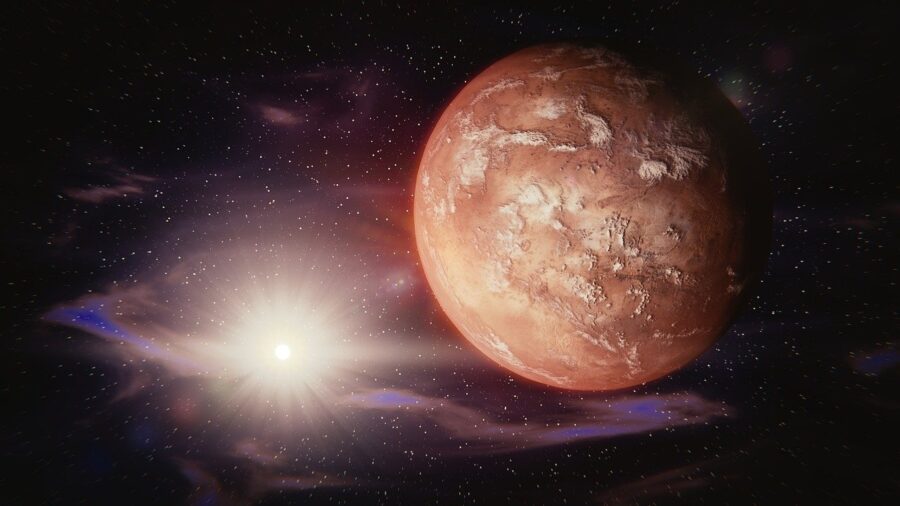
The opportunity to launch a spacecraft from the Earth to Mars has limited windows. In fact, NASA has reported that the best opportunities to do so only occur every 26 months or so when the two planets are in the best alignment with one another. Missing these windows means more time, fuel, energy (and, in the end, more money) to make a trip to Mars workable. The prospective rescheduled launch in the spring of 2025 falls outside of this window, a fact that is making some experts scratch their heads.
A Fact-Finding Mission
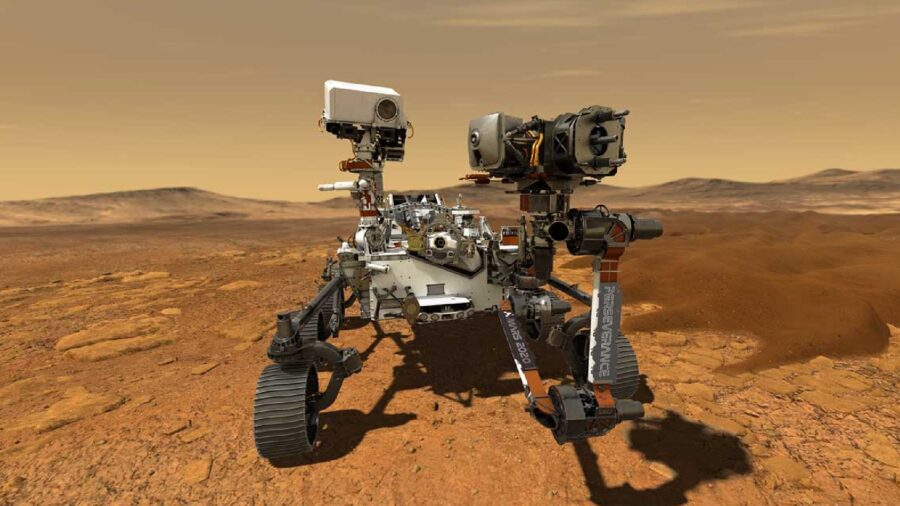
But when the ESCAPADE (officially known as the Escape and Plasma Acceleration and Dynamics Explorers) is finally greenlighted to traverse the solar system to the Red Planet, it promises to deliver two spacecraft into the Martian orbit. Known as Blue and Gold, these spacecraft will work together to gather information about Mars that will hopefully elevate our understanding of the planet’s weather, atmosphere, and other data.
Partnership With Blue Origin
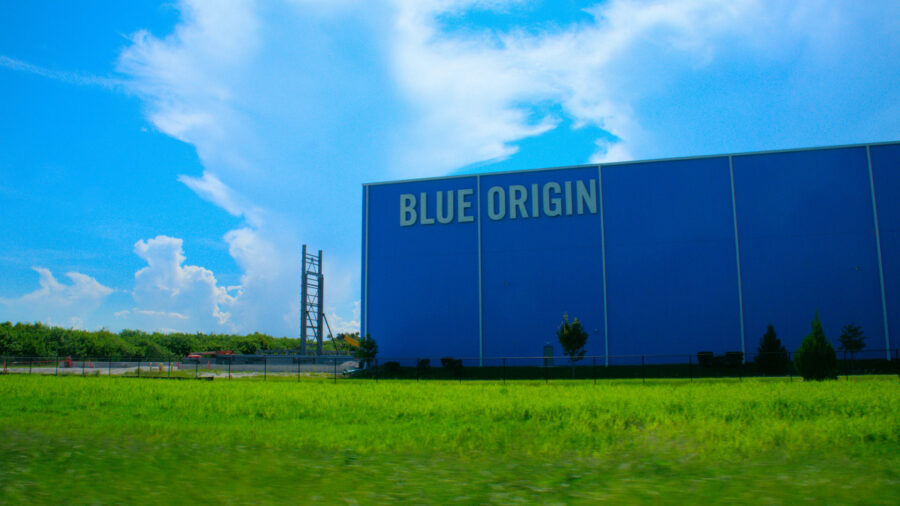
NASA’s collaboration with Blue Origin marks a public/private partnership that the space agency hopes will eventually include more missions to Mars and, perhaps one day, a manned trip to the planet. Blue Origin is headed by Amazon founder Jeff Bezos and is currently used by NASA as one of its private contractors for developing the spacecraft that will be used for the Artemis Program.
NASA is Revamping Space Exploration
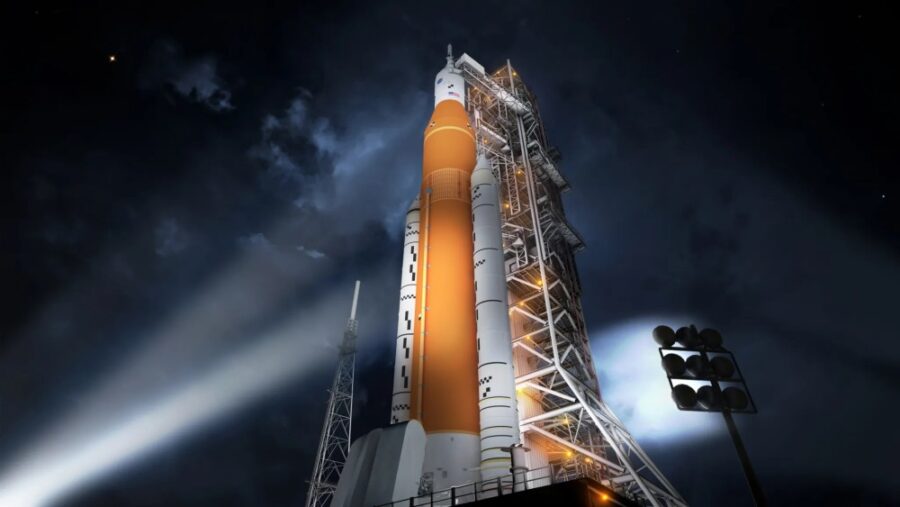
While NASA has some focus on the possibilities of a mission to Mars, the government agency is also heavily preparing to send humankind to the moon for the first time in more than 50 years. Not since the Apollo 17 mission in 1972 have there been any human beings step foot on Earth’s nearest neighbor, a streak that the brains behind the Artemis Program wish to break within the next year.
A manned mission to orbit the moon is planned for November 2024, while a lunar landing and moonwalk is scheduled for some time in 2025 when Artemis 3 will land on the moon’s surface.
Sources: NASA











